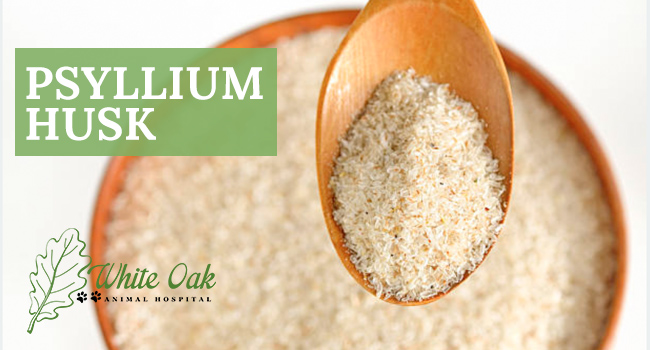
Has your cat ever vomited a tubular mass of fur?
Don’t be alarmed, it’s just a hairball.
Hairballs are a normal part of life with cats.
Although hairballs are common for house cats, they can be a sign of something wrong.
What Is A Hairball?
A cat’s digestive tract can handle digesting fur.
Some fur is consumed during grooming, and sometimes fur is eaten off prey in the wild.
Most hair is passed through the intestinal tract and excreted in feces.
However, sometimes the hair is vomited.
When a hair clump is vomited, it appears as though your cat is coughing up a hairball.
How To Prevent Hairballs
Indoor cats are more prone to hairballs.
Hair length, springtime shedding, and over-grooming of themselves and other cats contribute to hairball formation.
Deficiencies in the diet and digestive dysfunction can also cause hairballs.
If hairballs are particularly frequent, consult your veterinarian.
There are several ways to prevent hairballs in your cat.
They include but are not limited to grooming, dietary changes, and supplements.
Grooming Your Cat
Cats spend approximately 25 to 35 percent of their day grooming.
Indoor cats may spend even more time grooming.
Grooming helps cool their skin, remove shed fur and ectoparasites, as well as help calm them down.
Typically, cats ingest two-thirds of their shed fur, with most passing in their excrement.
Grooming long-haired cats are one way to help prevent hairballs.
Brushing your cat regularly loosens up hair so they won’t ingest it when they’re self-cleaning.
This limits the amount swallowed, producing fewer hairballs.
Dietary Changes
Short hair cats get hairballs, but not as frequently as long-haired breeds.
Diet is sometimes a contributing factor in hairball formation.
For example, a moisture deficient diet sometimes causes hairballs.
Conditions such as inflammatory bowel disease, parasites, and cancer also prevent cats from digesting normal amounts of hair.
Consult your veterinarian if any of these problems may be the cause, as a dietary change may be required.
Supplements
Adding a supplement with added fiber, such as psyllium husk powder, may solve your cat’s problems.
In a study published in the Journal of Nutrition, cats are given a daily hairball preventative containing psyllium husk powder experienced fewer of each of the common clinical signs of hairballs.
According to the study authors, “psyllium husks are commonly used for chronic constipation, as a secondary medication in the treatment of various kinds of diarrhea, and in the treatment of irritable bowel.”
After a two week period, cats given a hairball preventative with psyllium husks experienced 29 percent fewer symptoms of hairballs.
Symptoms included vomiting, retching, and coughing.
In another study published in Veterinary Medicine and Science, researchers found long hair cats given a diet with psyllium and 11 or 15 percent total daily fiber experienced fewer hairballs over a two week period during shedding season.
Seeking a natural supplement containing psyllium husks to help prevent your cat’s hairballs?
Vet Classics Natural Hairball Remedy Soft Chews containing psyllium husk powder and pumpkin help to eliminate and prevent hairballs when used on a daily basis.